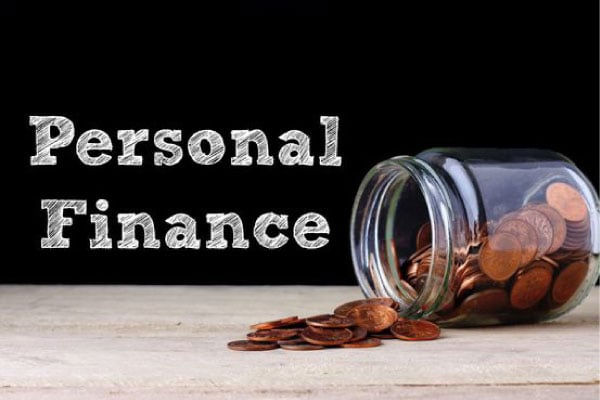Book review: How to insulate self from financial shocks

What you need to know:
- The costly demands that come with an oversized lifestyle are not emphasised but ways of avoiding them are brought to the fore for readers to appreciate
PERSONAL FINANCE
In his book ‘The Good Life and Money’, Ivan Wasswa Balamaga craftily employs first hand life experiences to deliver well thought out measures to the populace on how to weather various and imminent tides that await humanity at every stage of growth.
These include the obvious and seemingly less treasured relevance of life’s true meaning, ingredients for a good life as well as the highly required but rather scarce need to have financial discipline in one’s lifestyle.
Examples applied throughout the fairly short read is also the need of and how to attach value to money and consequently make the best of it as opposed to blowing it away just after getting a paycheque.
The costly demands that come with an oversized lifestyle are not emphasised but ways of avoiding them are brought to the fore for readers to appreciate. Considering that greed and fear are clear enemies of cohesion and growth, the author offers experience-based insights on how to insulate oneself from such destructive lifestyles.
In the book, Balamaga uses his life experiences as a learning tool for others. He says the reason for this approach is informed by the fact that “life is a brutal teacher and we need one another to navigate and make sense of the challenges that come our way.”
It is clear from the onset that the author is passionate about guiding the youth who comprise the majority of Ugandans to better life from the earliest point in their life. This, he believes, is one of the most plausible ways of propelling one to financial growth and independence as opposed to harrowing experiences that plague many in the later years of their lives.
In so doing, Balamaga dissects the sub theme of ‘personal finances’ by showing how and what makes it an easy concept to crack. The author opines that his body of work will empower the reader “about financial growth at an individual level and to be exposed to benefits of saving while investing for the future.”
Relevant for all readers to note is that at the tail end of all these key topics herein are pages for personal reflection. These carry guiding questions that once deeply thought through heavily enable the reader to not only appreciate the details encountered in the said chapters but also get a better grasp of the same.
Also worth noting also is the character destructing monster of pride, which Balamaga aptly addresses with emphasis placed on why individuals should discern it.
These particularly steer readers to ways of growing their finances, bettering life and social capital without losing focus on the key ingredients that sustain such accumulated assets and wealth.
Through simplistic but straight and easily relatable human-based examples, the author beckons the reader’s attention to focus on the most pressing concerns of life and discard destructive lifestyles that heavily frustrates growth or development efforts.
From the author’s lived experiences detailed in the book come timely financial discipline tailored remedies that are well suited for African audiences such as those in Uganda where majority are trapped in pressing economic times.
Whereas the author addresses some of the major threats to personal growth, development and financial stability, readers are left yearning for deeper tools or ways to particularly insulate them from sudden economic shocks of life.
The person that gets to read, internalise and put into practise what Muguluma shares will be much better for it.




